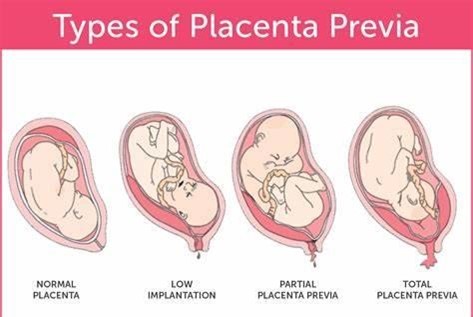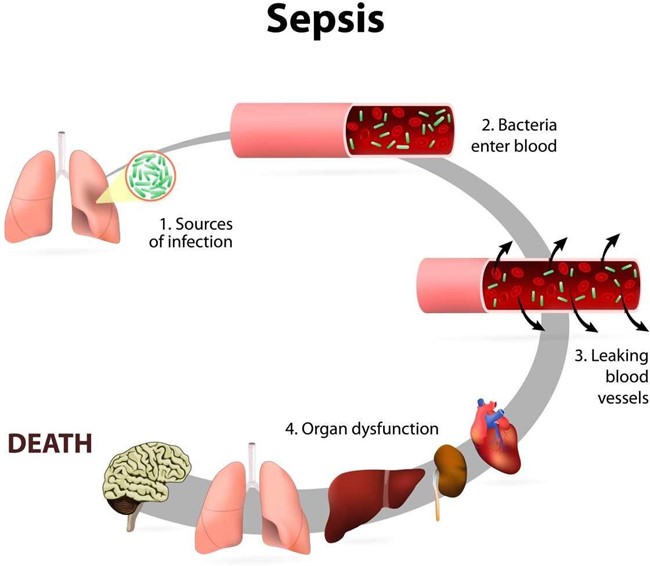Which condition seen in the postpartum period is likely to require careful medical assessment?
Headaches
Varicosities of the legs
Carpal tunnel syndrome
Periodic numbness and tingling of the fingers
The Correct Answer is A
Choice a) Headaches is correct because this is a condition that can indicate a serious problem in the postpartum period and may require careful medical assessment. Headaches are common in the first few weeks after giving birth, but they can also be a sign of complications such as preeclampsia, eclampsia, cerebral venous thrombosis, meningitis, or aneurysm. Preeclampsia and eclampsia are conditions that cause high blood pressure, proteinuria, and seizures in pregnant or postpartum women. Cerebral venous thrombosis is a blood clot in the brain that can cause stroke-like symptoms. Meningitis is an infection of the membranes that cover the brain and spinal cord. Aneurysm is a bulge or rupture in a blood vessel that can cause bleeding in the brain. These conditions can be life-threatening and require immediate treatment. Therefore, women who experience severe, persistent, or unusual headaches in the postpartum period should seek medical attention as soon as possible.
Choice b) Varicosities of the legs is incorrect because this is not a condition that usually requires careful medical assessment in the postpartum period. Varicosities are enlarged or swollen veins that appear blue or purple under the skin. They are common in pregnancy due to increased blood volume, hormonal changes, and pressure from the growing uterus. They usually improve after delivery, but may persist or worsen in some women. Varicosities are usually harmless and do not cause any symptoms, but they may cause cosmetic concerns, discomfort, itching, or bleeding. They can also increase the risk of superficial thrombophlebitis, which is inflammation of a vein near the skin surface. However, these complications are rare and mild, and can be managed with conservative measures such as compression stockings, elevation of the legs, exercise, and painkillers. Therefore, women who have varicosities of the legs in the postpartum period do not need to worry too much, unless they have signs of infection or deep vein thrombosis, which is a more serious condition that involves a blood clot in a deep vein that can travel to the lungs and cause pulmonary embolism.
Choice c) Carpal tunnel syndrome is incorrect because this is not a condition that typically requires careful medical assessment in the postpartum period. Carpal tunnel syndrome is a condition that causes numbness, tingling, pain, or weakness in the hand and wrist due to compression of the median nerve that runs through a narrow passage called the carpal tunnel. It can occur in pregnancy due to fluid retention, hormonal changes, or repetitive movements. It usually resolves after delivery, but may persist or recur in some women. Carpal tunnel syndrome is usually mild and does not cause any serious complications, but it may interfere with daily activities or quality of life. It can be treated with conservative measures such as splinting, icing, massage, stretching, or painkillers. In severe cases, surgery may be needed to release the pressure on the nerve. Therefore, women who have carpal tunnel syndrome in the postpartum period do not need to seek medical attention urgently, unless they have signs of nerve damage or infection.
Choice d) Periodic numbness and tingling of the fingers is incorrect because this is not a condition that generally requires careful medical assessment in the postpartum period. Periodic numbness and tingling of the fingers can be caused by various factors such as cold exposure, poor circulation, nerve compression, vitamin deficiency, or anxiety.
It can also occur in pregnancy due to fluid retention or hormonal changes. It usually goes away after delivery, but may linger or come back in some women. Periodic numbness and tingling of the fingers is usually harmless and does not indicate any serious problem, but it may cause discomfort or annoyance. It can be relieved with simple measures such as warming up, moving around, shaking out the hands, taking supplements, or relaxing. Therefore, women who experience periodic numbness and tingling of the fingers in the postpartum period do not need to worry too much, unless they have signs of infection or neurological disorder.

Nursing Test Bank
Naxlex Comprehensive Predictor Exams
Related Questions
Correct Answer is B
Explanation
Choice A: This is incorrect because Standard Precautions are a set of guidelines that apply to all patients, regardless of their infection status. They include using personal protective equipment, handling sharps and waste properly, and cleaning and disinfecting equipment and surfaces. However, they are not enough to prevent neonatal infection, as some pathogens can still be transmitted by contact or droplet.
Choice B: This is the correct answer because good hand hygiene is the most effective way to prevent the transmission of microorganisms that can cause neonatal infection. The nurse should wash their hands with soap and water or use an alcohol-based hand rub before and after touching the infant, the infant's environment, or any items that come in contact with the infant. The nurse should also educate the parents and visitors on the importance of hand hygiene and how to perform it correctly.
Choice C: This is incorrect because a separate gown technique involves wearing a clean gown for each infant and discarding it after use. This can help prevent cross-contamination between infants, but it does not eliminate the need for hand hygiene. The nurse should still wash their hands before and after wearing a gown, as well as before and after touching the infant or any items that come in contact with the infant.
Choice D: This is incorrect because isolation of infected infants involves placing them in a separate room or area with restricted access and using additional precautions based on the mode of transmission of the infection. This can help prevent the spread of infection to other infants, staff, or visitors, but it does not eliminate the need for hand hygiene. The nurse should still wash their hands before and after entering and leaving the isolation area, as well as before and after touching the infant or any items that come in contact with the infant.
Correct Answer is B
Explanation
Choice A) Increased urinary output: This is not a sign of sepsis in newborns. In fact, sepsis can cause reduced urinary output due to poor blood flow to the kidneys and dehydration.
Choice B) Hypothermia: This is a sign of sepsis in newborns. Sepsis can cause changes in temperature, often fever, but sometimes low temperature. Hypothermia can indicate a severe infection that affects the body's ability to regulate its temperature.
Choice C) Wakefulness: This is not a sign of sepsis in newborns. Sepsis can cause reduced activity and lethargy due to inflammation and organ dysfunction.
Choice D) Interest in feeding: This is not a sign of sepsis in newborns. Sepsis can cause reduced sucking and difficulty feeding due to poor appetite, nausea, vomiting, and abdominal distension.

Whether you are a student looking to ace your exams or a practicing nurse seeking to enhance your expertise , our nursing education contents will empower you with the confidence and competence to make a difference in the lives of patients and become a respected leader in the healthcare field.
Visit Naxlex, invest in your future and unlock endless possibilities with our unparalleled nursing education contents today
Report Wrong Answer on the Current Question
Do you disagree with the answer? If yes, what is your expected answer? Explain.
Kindly be descriptive with the issue you are facing.
